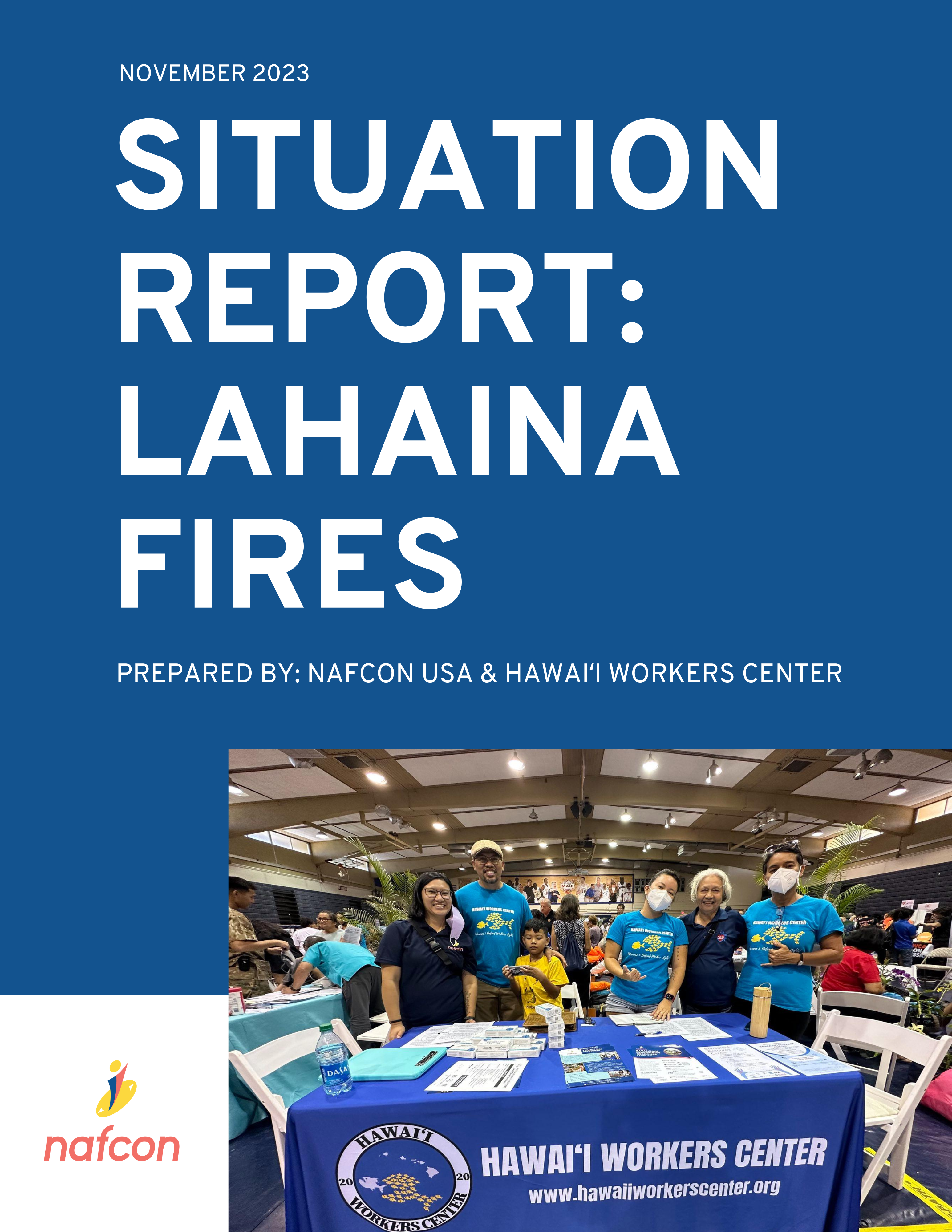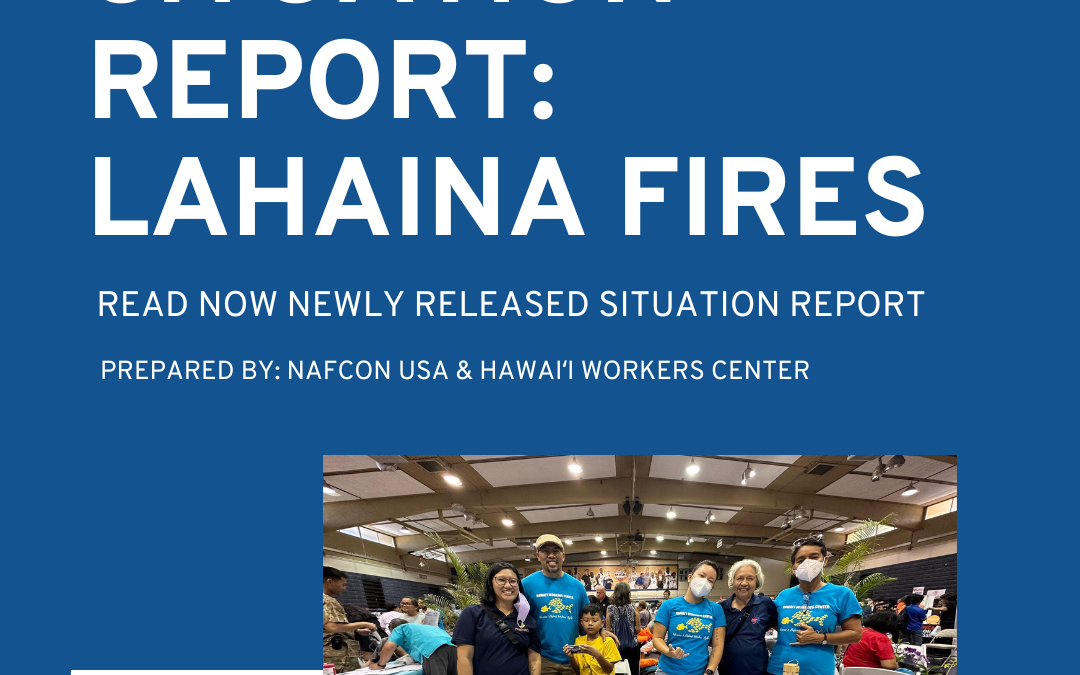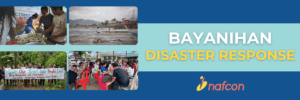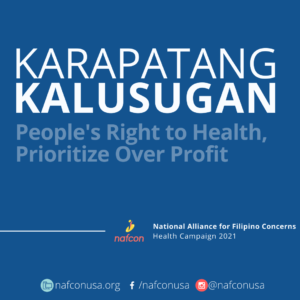
Main highlights included in the report:
Overall Impacts
- The Disaster agency reports that 2,652 buildings and houses were exposed to the fires, 2,142 of which are damaged or turned to ashes with an estimate of $5.22B capital exposed. About 86% of the buildings exposed are residential, which is around 1,840 houses.
- As of November 15 the current death toll is 100. The youngest victim was 7 years old and the oldest was 97. Several were residents of a low-income senior apartment complex. The current missing peoples list at 7. The estimated displaced population is 9,806.
- Although residents are allowed to return to the remains of their homes, community members are being warned to “enter at your own risk” as impacted areas and surroundings are hazardous with unstable structures, sharp metal objects, and ash with toxic substances.
- West Maui supplies more than 10,000 rooms in hotels, timeshares, and vacation rentals – about half of the island’s total visitor accommodation capacity. With about $270 daily spending per visitor to Maui, the loss of revenue adds up to more than $13 million per day.
Government Response
- Effective October 8, visitors will be able to return to West Maui. While a calibrated restoration of the main economic activity in Lahaina is very important, the situation of housing for the impacted residents, those that lived in the almost 2000 houses burned, should be clear. The messaging from the County and the State is not still clear on the housing as they are projecting a calibrated opening of tourism in the areas impacted by the fires.
- While most of the Filipinos living in Lahaina are now naturalized Americans, many are still Philippine nationals, including the recently immigrated and undocumented community members.
- The Philippine Consulate continues to charge Lahaina residents fees to replace their passports and other documents such as dual citizenship certificates. In a recent community resource fair in late September, residents had to pay $150 – $195 for the replacement of their passport.
- As of this situation report’s date, the Philippine Consulate has indicated that there is no need for additional meetings with Filipino groups in response to meeting requests from the Hawaiʻi Workers Center (HWC), The Filipino Chambers of Commerce, Hawaiʻi Filipino Lawyers Associations, and other concerned community members.
Proposed Response for NAFCON
- NAFCON supports the demand of the Hawaiʻi Workers Center of doing recovery and rehabilitation work the right way – putting people of Lahaina as priority instead of corporate interest. We believe that the key components to disaster response are relief, early rehabilitation, and advocacy.
- In the immediate, NAFCON will support the conduct of rapid assessment of damages, needs, and capacities and organized people to people relief delivery operations such as the most recent resource fair.
- Our advocacy includes backing HWC’s demand that the Emergency Proclamation be extended to provide longer protection from the state as rebuilding is happening and that both short-term housing policy moratorium and long-term affordable housing needs be addressed.
- Alongside HWC and other community organizations in Hawaiʻi, NAFCON also calls for the Philippine Consulate General in Honolulu to give assistance to the Filipino community and completely waive the fees for the replacement passport and other important documents during this current humanitarian crisis.
Join the Lahaina Disaster Response here: tinyurl.com/BayanihanResponseForLahaina



